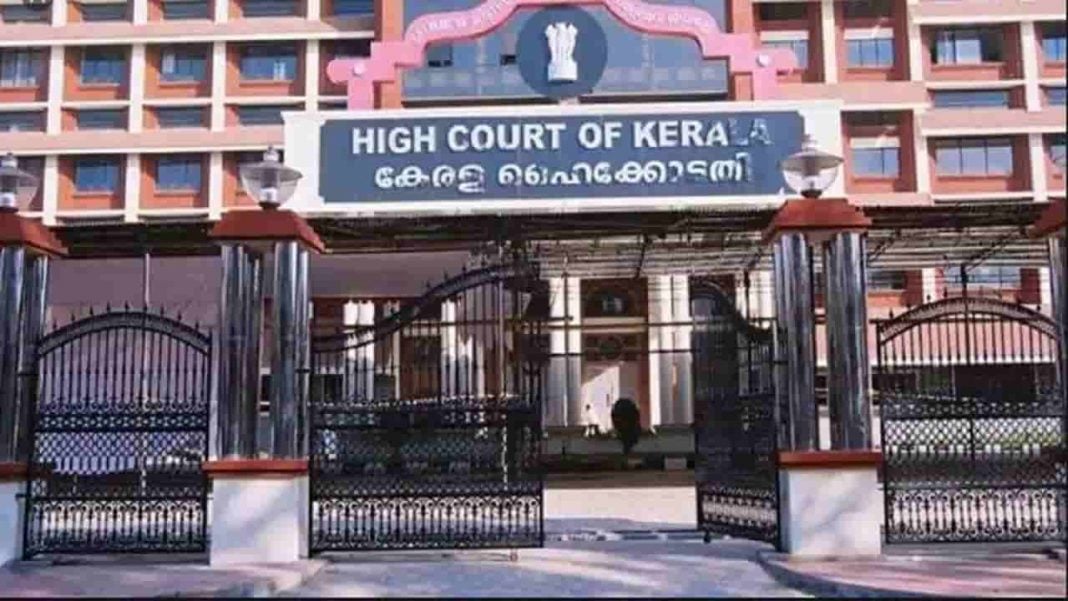The Kerala High Court disposed of a Petition filed relating to the issue of lack of toilet facilities and drinking water facilities and other basic amenities for school students, including girls, in different aided schools, as also in Government Schools.
Petitioner in the petition prays for a direction to issue a writ of mandamus or any other appropriate writ or direction directing the respondent to consider and take such action as to ensure basic facilities for toilets, urinals with water facilities are provided in Government schools and/or aided schools receiving aid from Government.
When the matter came up for hearing, Tek Chand.V, Senior Government Pleader submitted that the Supreme Court has considered a similar issue in W.P.(C)No.631/2004 filed by Environment and Consumer Protection Foundation.
By judgment dated 3rd October, 2012 in W.P. (C)No.631/2004, the Apex Court held thus:
“8. We also notice that Section 31 of the RTE Act has also conferred certain functions on the National Commission for Protection of Child Rights and also on the State Commissions. Section 31 reads as follows:
“31. Monitoring of child’s right to education.-
(1) The National Commission for Protection of Child Rights constituted under section 3, or, as the case may be, the State Commission for Protection of Child Rights constituted under section 17, of the Commissions for Protection of Child Rights Act, 2005, shall, in addition to the functions assigned to them under that Act, also perform the following functions, namely:—
a) examine and review the safeguards for rights provided by or under this Act and recommend measures for their effective implementation;
b) inquire into complaints relating to child’s right to free and compulsory education; and
c) take necessary steps as provided under sections 15and 24 of the said Commissions for Protection of Child Rights Act.
(2) The said Commissions shall, while inquiring into any matters relating to child’s right to free and compulsory education under clause (c) of sub-section
(1), have the same powers as assigned to them respectively under sections 14 and 24 of the said Commissions for Protection of Child Rights Act.
(3) Where the State Commission for Protection of Child Rights has not been constituted in a State, the appropriate Government may, for the purpose of performing the functions specified in Clauses (a) to (c) of sub-section (1), constitute such authority, in such manner and subject to such terms and conditions, as may be prescribed.” We are confident that those statutory authorities will also examine and review the safeguards for the child’s rights and recommend measures for their effective implementation.
9. We are, inclined to dispose of this Writ Petition with a direction to all the States to give effect to the various directions already given by this Court like providing toilet facilities for boys and girls, drinking water facilities, sufficient class rooms, appointment of teaching and non- teaching staff etc., if not already provided, within six months from today.
We make it clear that these directions are applicable to all the schools, whether State owned or privately owned, aided or unaided, minority or non- minority. As the writ petition is disposed of, no orders are required to be passed on applications for intervention and impleadment and the same are disposed of.
10. We make it clear that if the directions are not fully implemented, it is open to the aggrieved parties to move this Court for appropriate orders.”
Senior Government Pleader further submitted that the petition can be disposed of on the basis of the above judgment of the Supreme Court.
In view of the above, keeping in mind the judgment in W.P.(C)No.631/2004, the Division Bench of Chief Justice S.Manikumar and Justice Murali Purushothaman disposed of the petition making it clear that the respondents are bound to comply with the directions issued by the Apex Court in the judgment dated 3rd October, 2012 in W.P.(C)No.631/2004 as well as the directions issued by the High Court from time to time in this regard .



